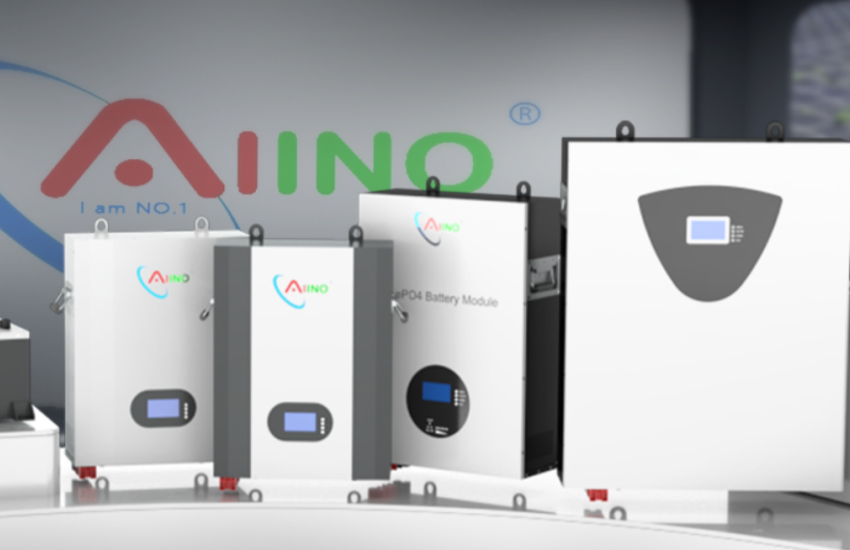Lithium-ion battery Vs Lifepo4 battery
Lithium-ion accumulators are a family of different rechargeable accumulators in which the cathode (minus side) is based on lithium. The LiFePO4 also belongs systematically to the family. While most Li-Ion batteries such as Li-Cobalt, Li-Manganese etc. have a nominal voltage of 3.6V - 3.7V, this is 3.2V-3.3V for LiFePO4.
security
In general, Lithium-ion battery have a higher energy density compared to Lifepo4 battery, i.e. you get colloquially more energy per unit weight (grams) or less weight per given energy unit (in Wh). This also results in the assumption that Lifepo4 battery is safer than Li-Ion. However, this assumption is only partially correct, because it only refers to the basic properties of the battery cells or the chemical composition. However, this assumption does not take into account the quality of manufacture. When we talk about manufacturing, we mean the quality of the building components such as Battery Management System (BMS), connectors, construction, cables and more that ultimately bring a battery pack to market as a product. Without an expert assessment of this important aspect, the general statement that LiFePO4 is safer than Lithium-ion battery remains unfounded.
In this picture you can see the result of a fire at Fiat 126, equipped with LiFePO4 batteries:
quality of the battery cells
Most manufacturers of LiFePO4 battery cells and LiFePO4 battery systems come from China. In addition to very good and high-priced products, there are also often inferior products. Without prior knowledge and experience, it is not easy for the layperson to distinguish reasonable quality from poor quality.
The world of Li-Ion battery cells is manageable. The manufacturers already mentioned should take them into account. Avoid batteries with battery cells of unknown origin! On the one hand, the quality cannot be anywhere near as good as that of the established, well-known manufacturers, on the other hand, general product safety can only rarely be guaranteed.
Battery Management System (BMS)
In addition to the quality of the battery cells, the central control of the battery plays the most important role. In the meantime, Li-Ion batteries can achieve charging cycles similar to those of LiFePO4 through the use of so-called Smart BMS's (programmable BMS's). In such cases, the charging voltage is reduced ex works. The battery "loses" in energy quantity (Wh), but "gains" in charging cycles.
Our experiments with the Samsung SDI INR18650-25R battery cell showed that when we charge the battery cell up to 4.13V, we "lose" about 10% capacity. Nevertheless, the battery cell achieves 1000 charging cycles. If the charging voltage is reduced to 4.1V, the battery cell "loses" approx. 15% of its capacity, but can achieve almost 1300 charging cycles. It should be noted that even under such circumstances, the amount of energy that can be drawn remains greater than with any comparable LiFePO4 18650 battery cell.




